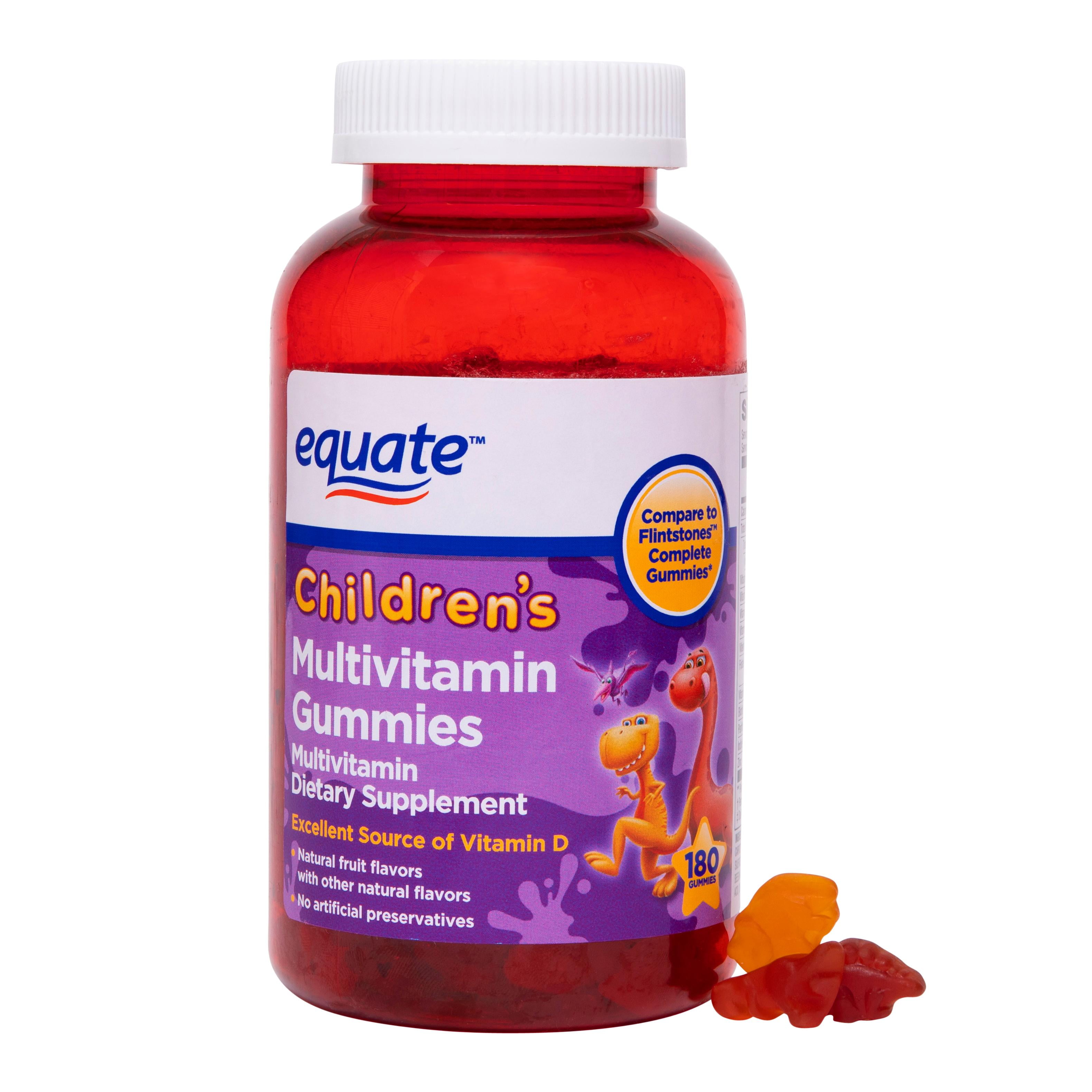Vitamins for Children's Health
Admin believes that every parent wants to ensure their child's health and well-being. One way to do this is by providing them with the right vitamins and minerals that their growing bodies need. Proper nutrition is essential for healthy growth and development. Children who receive adequate vitamins and minerals are more likely to have a better immune system, stronger bones, and a healthier brain.

The Importance of Vitamins for Children
Vitamins are organic compounds that our body needs in small amounts to function correctly. They play a vital role in various bodily functions, such as growth, development, and metabolism. Children require vitamins and minerals in higher amounts than adults because they are in their developmental stage. They need these essential nutrients to support their growth and development.
Types of Vitamins
There are two types of vitamins, water-soluble and fat-soluble. Water-soluble vitamins are not stored in the body and need to be replenished daily. Examples of water-soluble vitamins are Vitamin C and B-complex vitamins. Fat-soluble vitamins are stored in the body's fat cells and can accumulate to toxic levels if taken in excess. Examples of fat-soluble vitamins are Vitamin A, D, E, and K.
The Best Vitamins for Children
Here are some of the best vitamins for children:
1. Vitamin A
Vitamin A is essential for healthy eyesight, skin, and immune system. It also plays a crucial role in bone growth and development. Good sources of vitamin A are carrots, sweet potatoes, and leafy greens.
2. Vitamin B-complex
B-complex vitamins are essential for energy production, brain function, and red blood cell formation. Good sources of B-complex vitamins are whole grains, nuts, and legumes.
3. Vitamin C
Vitamin C is essential for a healthy immune system, wound healing, and collagen production. Good sources of vitamin C are citrus fruits, berries, and tomatoes.
4. Vitamin D
Vitamin D is necessary for healthy bones and teeth. It also plays a role in the absorption of calcium and phosphorus. Good sources of vitamin D are sunlight, fatty fish, and fortified dairy products.
5. Vitamin E
Vitamin E is essential for healthy skin and eyes. It also helps to protect the body from damage caused by free radicals. Good sources of vitamin E are nuts, seeds, and leafy greens.
6. Vitamin K
Vitamin K is necessary for blood clotting and bone health. Good sources of vitamin K are leafy greens, broccoli, and soybeans.
Benefits of Providing Vitamins to Children
Admin believes that there are several benefits of providing vitamins to children:
- Improved immune system
- Stronger bones and teeth
- Healthy brain development
- Improved eyesight
- Healthy skin and hair
- Reduced risk of chronic diseases
FAQs
Q: Can children get all the vitamins they need from food?
A: In an ideal world, children would get all the vitamins they need from food. However, it is not always possible to get all the nutrients from food alone. That's why supplements may be necessary.
Q: Are there any side effects of giving children vitamins?
A: Giving children vitamins in the right amounts is safe and does not cause any side effects. However, giving them in excess can be harmful.
Q: At what age can children start taking vitamins?
A: Children can start taking vitamins as early as six months old. However, it is best to consult a pediatrician before giving any supplements.
Q: Do children need different types of vitamins for different ages?
A: Yes, the vitamin needs of children change as they grow. It is best to consult a pediatrician to determine the appropriate vitamins for each age.
Conclusion
Admin concludes that providing children with the right vitamins and minerals is essential for their overall health and well-being. Parents should ensure that their children get all the necessary nutrients from food or supplements. Remember, a healthy child is a happy child!
